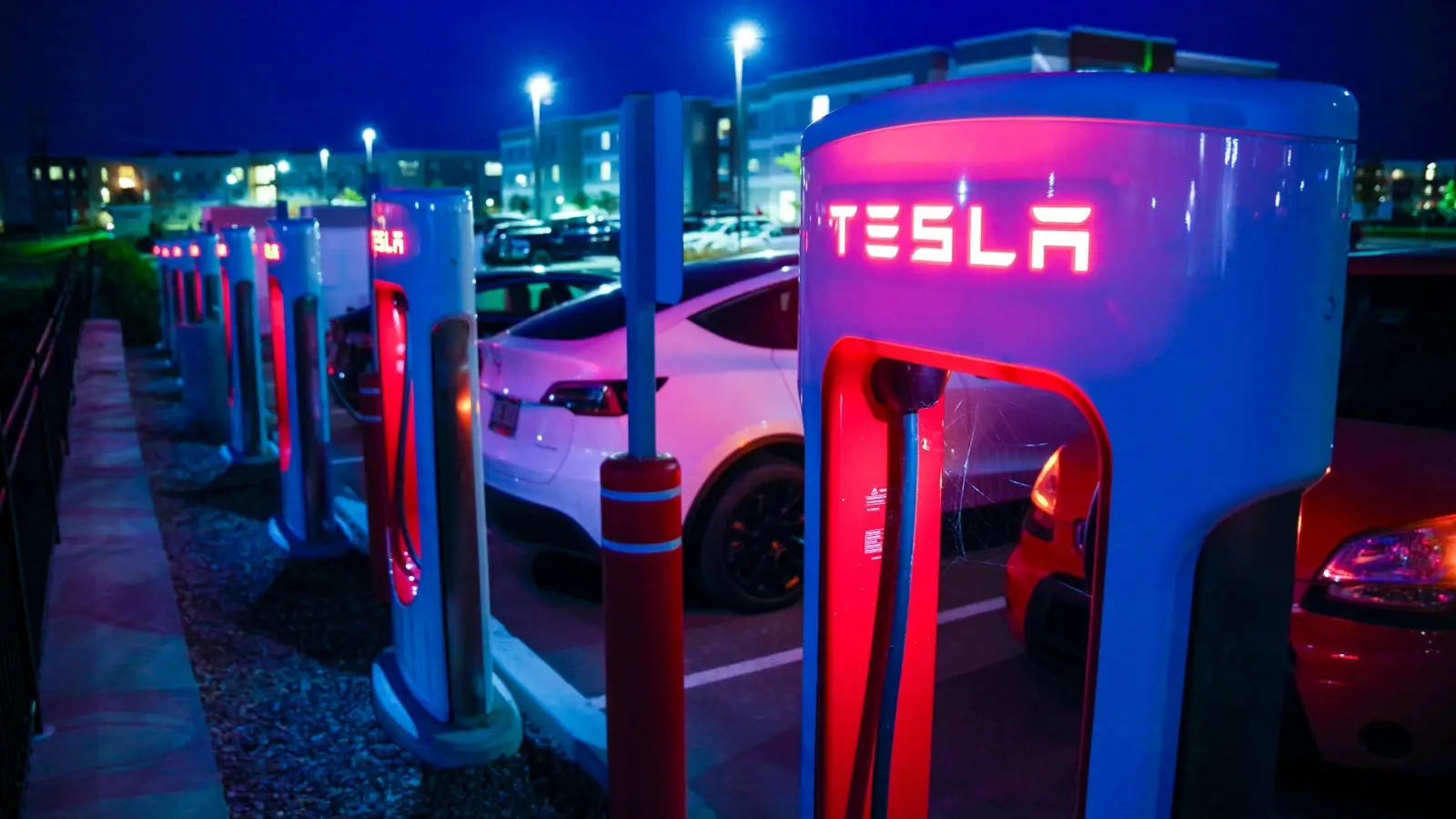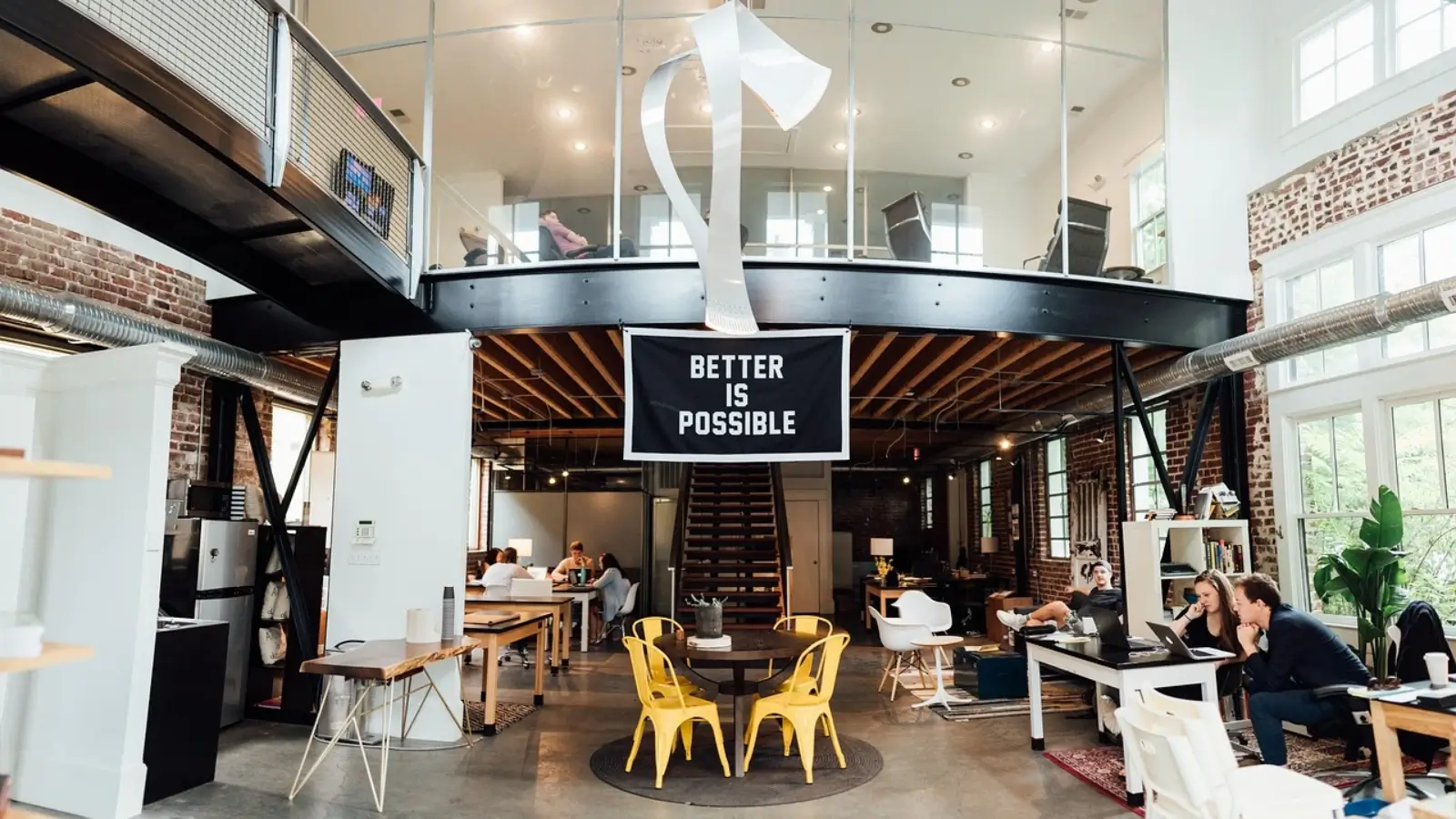


There's something electric about Gurugram's business landscape. Walk through any of its commercial districts, and you'll feel it: the energy of startups testing bold ideas, established companies scaling operations, and freelancers carving out their niches. This city has transformed from a satellite town into India's corporate powerhouse, and the way people work here has evolved just as dramatically.
The traditional office setup doesn't quite fit the modern professional anymore. Between unpredictable growth trajectories, remote team collaborations, and the need to stay lean while maintaining a professional image, today's businesses need something more adaptive. That's where the appeal of a Coworking space in Gurgaon becomes clear. These flexible environments aren't just trendy alternatives; they're strategic solutions for companies that value agility over anchors.
Let's talk numbers for a moment, because that's where many business decisions ultimately land. Setting up a conventional office in Gurugram means committing to hefty security deposits, often running into several months' rent. Then there's the furniture, the internet infrastructure, the pantry setup, the reception area, and don't forget about maintenance contracts for everything from air conditioning to security systems.
I've watched friends spend their first few months as entrepreneurs not building their products but negotiating with interior designers and chasing electricians. That's time and capital that could have gone toward actual business development. And here's the kicker: if your team grows faster than expected or you need to pivot your operations, you're locked into a space that no longer serves you.
The financial flexibility alone makes shared workspaces attractive. You pay for what you use, scale up when you're hiring, and scale down if needed. No guilt about empty desks, no anxiety about breaking long lease agreements.
But cost savings tell only half the story. The real magic happens in the ecosystem these spaces create. Think about it: when you're working solo from home or isolated in a private office, every problem feels uniquely yours. You're troubleshooting customer complaints, figuring out marketing strategies, or dealing with operational headaches all on your own.
Now imagine being surrounded by people tackling similar challenges. The founder at the next desk might have just solved the exact inventory management problem you've been wrestling with. The designer working near the window could become your next collaborator. The investor who occasionally uses the meeting room might be looking for companies exactly like yours.
This isn't networking in the forced, business card swapping sense. It's organic connection building that happens over coffee breaks and chance conversations. Some of the most valuable partnerships I've seen formed started with someone asking to borrow a phone charger.
Gurugram's traffic is legendary, and not in a good way. One morning you're breezing to work in twenty minutes; the next day the same route takes ninety minutes. For team members scattered across Delhi NCR, getting everyone to a single fixed location becomes a coordination nightmare.
Flexible workspaces solve this brilliantly by offering multiple locations. Your team members from Dwarka can work from a space near their home. Your Noida folks don't need to cross the border every single day. Meanwhile, your Gurugram residents have options close to their neighborhoods. Everyone stays productive without burning hours in traffic or draining their energy before the workday even begins.
And let's address the infrastructure itself: these spaces come fully loaded. High speed internet that actually works during video calls? Check. Meeting rooms equipped with screens and whiteboards? Available. Printing facilities, comfortable seating, proper lighting, climate control? All handled. You show up with your laptop, and everything else is ready.
There's a psychological component to workspace that doesn't get discussed enough. When you're trying to close a client or convince an investor to back your vision, perception matters. Meeting someone at a coffee shop signals early stage. Inviting them to a professional workspace sends a different message entirely.
You get a legitimate business address in one of Gurugram's prime commercial areas. Your clients visit a polished reception area, not your home office. Conference rooms come equipped for presentations. These details might seem superficial, but they build credibility, especially when you're still establishing your market presence.
I've heard countless stories from founders who landed their first major client after moving to a professional workspace. Sometimes it's the business address on the contract that tips the scales. Other times it's simply the confidence that comes from working in an environment that reflects your ambitions.
Business today moves at an uncomfortable pace. Projects come and go. Client demands shift. Markets change overnight. The companies that thrive are the ones that can adapt quickly, and that includes their physical workspace needs.
Maybe you start with three people and a shared desk arrangement. Six months later, you've raised funding and need private offices for ten. Another year passes, and you're ready for a dedicated floor with your branding. Traditional leases can't accommodate this kind of growth pattern without painful and expensive transitions.
Flexible workspaces grow with you. Need an extra desk for a month long project? Done. Want to book a conference room for tomorrow's investor presentation? Simple. Hosting a workshop for potential clients? The space can accommodate that too. This adaptability removes friction from your operations, letting you focus on what actually moves your business forward.
Working for yourself or building a company can be isolating. The excitement of entrepreneurship doesn't always compensate for the loneliness of working alone. Remote work taught us this lesson clearly: productivity might not suffer, but morale often does.
Shared workspaces provide something humans fundamentally need: presence. You're around people who understand the entrepreneurial journey, who celebrate the small wins because they know how hard fought they are. When you hit a rough patch, you're not alone with your thoughts; you're in a community that's probably been there too.
The casual interactions matter more than people realize. Lunch conversations about nothing in particular. The friendly competition that pushes everyone to work a bit harder. The moments of laughter that break up intense workdays. These experiences contribute to sustainable work habits and better mental health, factors that directly impact your business performance.
Gurugram isn't just one market; it's several distinct areas, each with its own character and advantages. Cyber City attracts corporate clients. Golf Course Road brings a premium feel. Udyog Vihar offers manufacturing and trading connections. Sohna Road is emerging as the new growth corridor.
Having workspace options across these areas gives you strategic positioning. Meet clients in their neighborhood. Access different professional networks. Host events in the location that makes the most sense for your audience. This geographic flexibility becomes a competitive advantage, especially for service businesses that need to maintain relationships across the city.
If you're considering the shift from a traditional office or home setup, the transition is remarkably smooth. Most flexible workspace providers offer day passes or short term trials. You can test the environment, meet the community, and experience the infrastructure before committing.
Start by identifying your must haves. Do you need private space or can you work openly? How important is parking? Do you host frequent client meetings? What's your realistic commute tolerance? Answering these questions helps narrow down options quickly.
Then visit during actual working hours, not during a scheduled tour. See the space when it's full of people. Check the noise levels. Test the internet speed. Observe how smoothly operations run. These real world observations matter more than any brochure.
Choosing where to work isn't just about finding a desk and a decent internet connection. It's about creating an environment that supports your business goals, adapts to your changing needs, and connects you to opportunities you wouldn't find otherwise.
For businesses in Gurugram, whether you're just starting out, scaling rapidly, or somewhere in between, flexible workspaces offer a compelling proposition. Lower financial risk, professional infrastructure, built in networking, and the ability to pivot quickly all combine to create conditions where businesses can thrive.
The most successful companies aren't always the ones with the best ideas. They're often the ones that execute effectively, adapt quickly, and build the right relationships along the way. Your workspace choice impacts all three of these factors more than you might think.
Ready to experience how the right workspace can accelerate your business growth? Explore Startup Offices' flexible workspace solutions designed specifically for Gurugram's dynamic business community. Your next breakthrough might just start with choosing the right place to work.